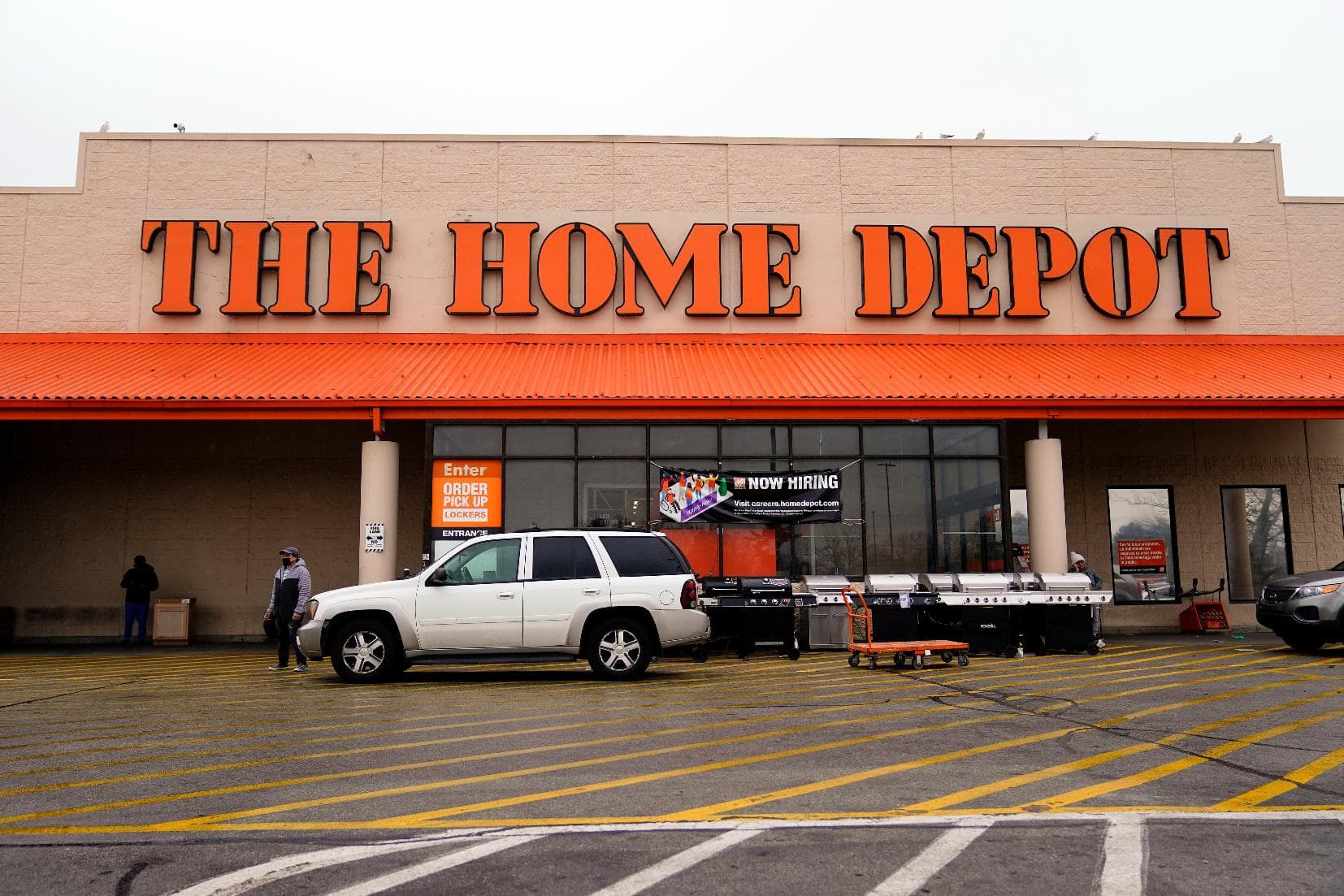Wall Street Slips, Dow Falls 500 Points as Outlook Cuts Pressure Stocks
U.S. stock indexes slide further as the Dow falls roughly 500 points, driven by downgrades to corporate outlooks and a high profile internet outage. The moves underscore mounting investor caution ahead of earnings season, and they highlight how guidance revisions and operational shocks can amplify volatility across market sectors.

Equity markets are slipping as investors digest a string of company specific shocks and take a more cautious stance ahead of a busy earnings calendar. The Dow Jones Industrial Average is down about 500 points in mid session trading as losses broaden across cyclical and technology names.
One of the most visible casualties is Home Depot, where shares fell after the company cut its outlook. As a bellwether for housing related consumer spending, Home Depot guidance carries outsized influence on investor expectations for domestic demand and the broader consumer cycle. A downward revision to revenue or profit forecasts from a retailer with meaningful exposure to home improvement implies weaker activity in construction and renovation spending, and that can ripple through suppliers and industrial firms.
Technology related stocks are also under pressure after Cloudflare experienced a significant outage, prompting a sell off in cloud and internet infrastructure shares. Operational disruptions at major network providers tend to generate quick market responses because of the concentrated revenue models and valuation premia many tech companies carry. Even transient service interruptions can sharpen investor focus on downside risk to growth and earnings.
The market slide follows an elevated period of volatility this month. On November 12 the Dow closed above 48,000 for the first time, driven by hopes of resolving a congressional funding impasse. Two days later markets plunged with the Dow down about 800 points as technology shares tumbled. Earlier in the month stocks surged on optimism about a potential deal to end the government shutdown. Those swings illustrate how news flow remains a dominant short term driver for price action even as longer term fundamentals play out.
Amid the churn, corporate strategic moves continue to reshape pockets of the market. Topgolf Callaway announced a sale of its Topgolf unit that values the business at approximately 1.1 billion dollars, and the company said it expects to receive about 770 million dollars in net proceeds upon closing, which is expected in the first quarter of 2026. That kind of transaction provides a counterpoint to the decline, offering balance sheet relief and potential capital for buybacks or debt reduction for the parent company.
For investors and policymakers the key takeaway is that guidance revisions and operational failures remain potent triggers for market swings. With the Federal Reserve still navigating the inflation and growth trade off, and with corporate earnings season looming, volatility is likely to persist. Market participants will be watching upcoming economic releases and company reports for clearer signals on consumer resilience, corporate margins, and the sustainability of current valuations in both cyclical and technology sectors.


